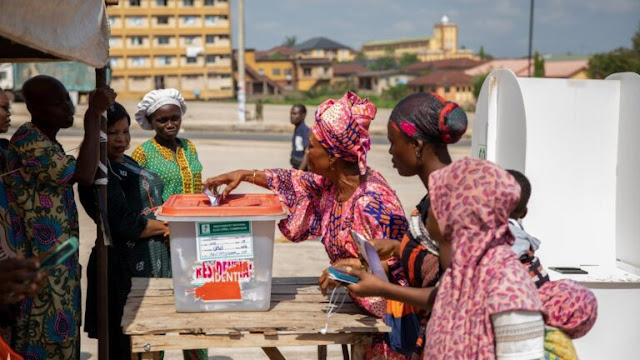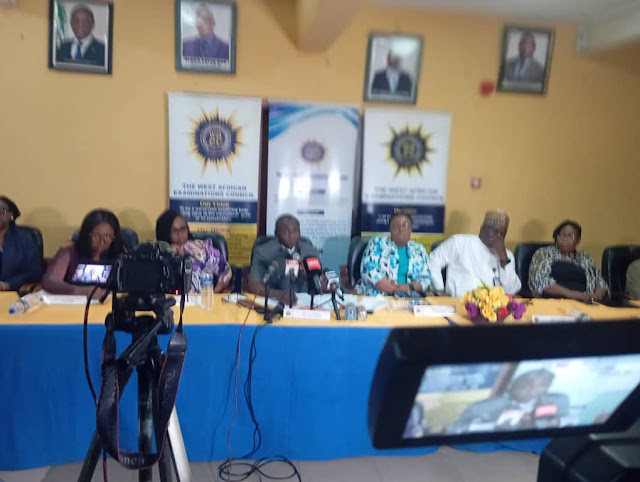The proposal to conduct all national elections in a single day for the 2027 general polls has sparked mixed reactions among stakeholders in Abakaliki, with supporters citing cost-efficiency and democratic fairness, while critics warn of logistical and security risks.
Supporters argue that holding presidential, National Assembly, governorship, and state assembly elections on the same day would reduce political manipulation and curb the “bandwagon effect” where presidential results influence subsequent elections.
Paschal Ogbu, a legal practitioner, described the current staggered format as undemocratic, claiming it distorts grassroots choices. “When presidential elections come first, it influences how people vote in later polls. One-day elections would cut costs and ensure more credible outcomes,” he said.
Chioma Nwali, Coordinator of Gender Perspectives, a women-led civil society group, called the staggered model wasteful and blamed it for voter fatigue and reduced turnout. She urged the Independent National Electoral Commission (INEC) to consider the shift in 2027 for economic and democratic benefits.
Labour Party chieftain, Chief Ephraim Oketa, also backed the idea, referencing the 1979 model where all elections were held in a single day. He argued it would make outcomes more credible and prevent post-presidential alignments by opportunistic politicians.
However, others expressed strong reservations. Sunday Ali, a retired INEC official, said the current electoral infrastructure may not withstand the pressures of same-day voting nationwide. “The scale of logistics, manpower, and security needed is enormous. INEC must first upgrade its capacity,” he warned.
Dr. Eugene Otuu, a political science lecturer, suggested that instead of compressing the electoral timeline, the focus should be on improving credibility, transparency, and the use of technology in elections.
A former Ebonyi State Assembly member also noted that the political class may resist the change, as staggered elections offer strategic advantages. “It would take a major amendment of the Electoral Act, which may not be easy to achieve,” he said.
Nigeria currently holds national elections in two phases, separating presidential and National Assembly polls from governorship and state assembly elections. While INEC has not yet commented on the one-day proposal, the debate continues to gain momentum ahead of the 2027 polls.






